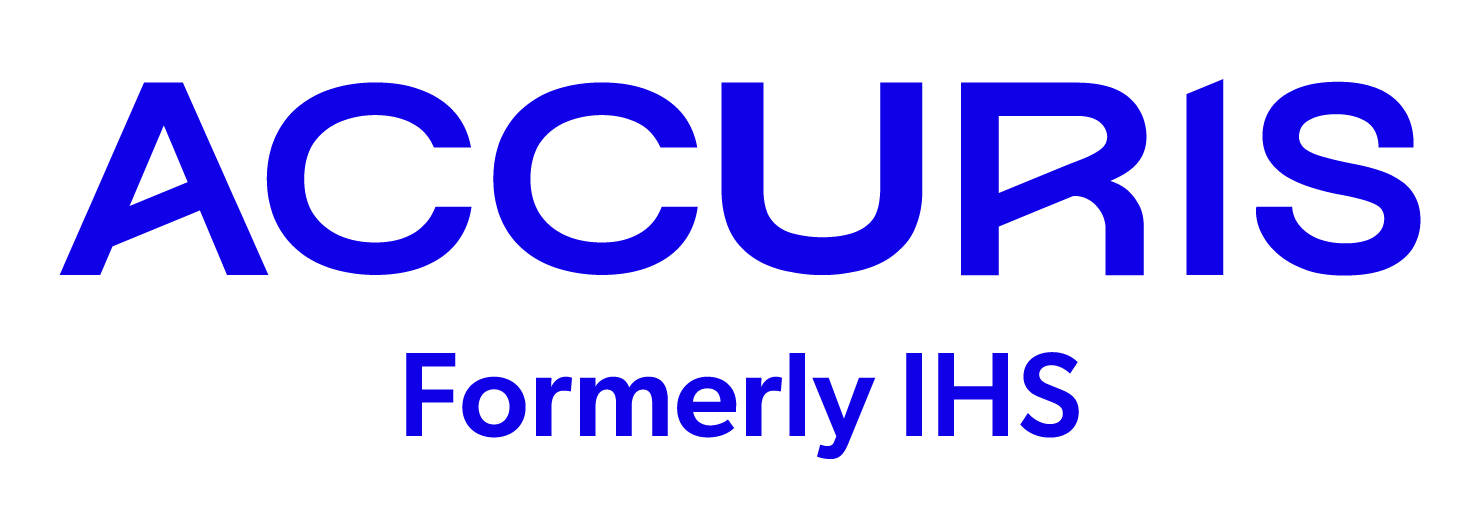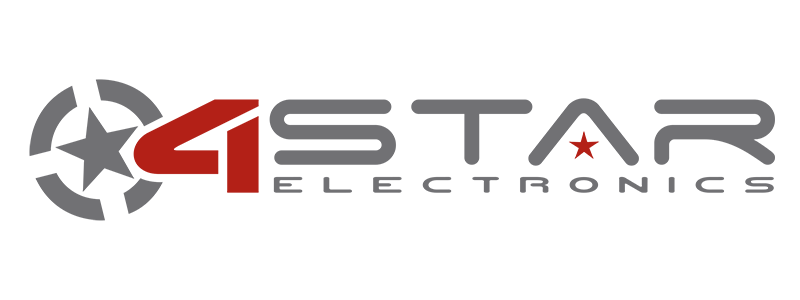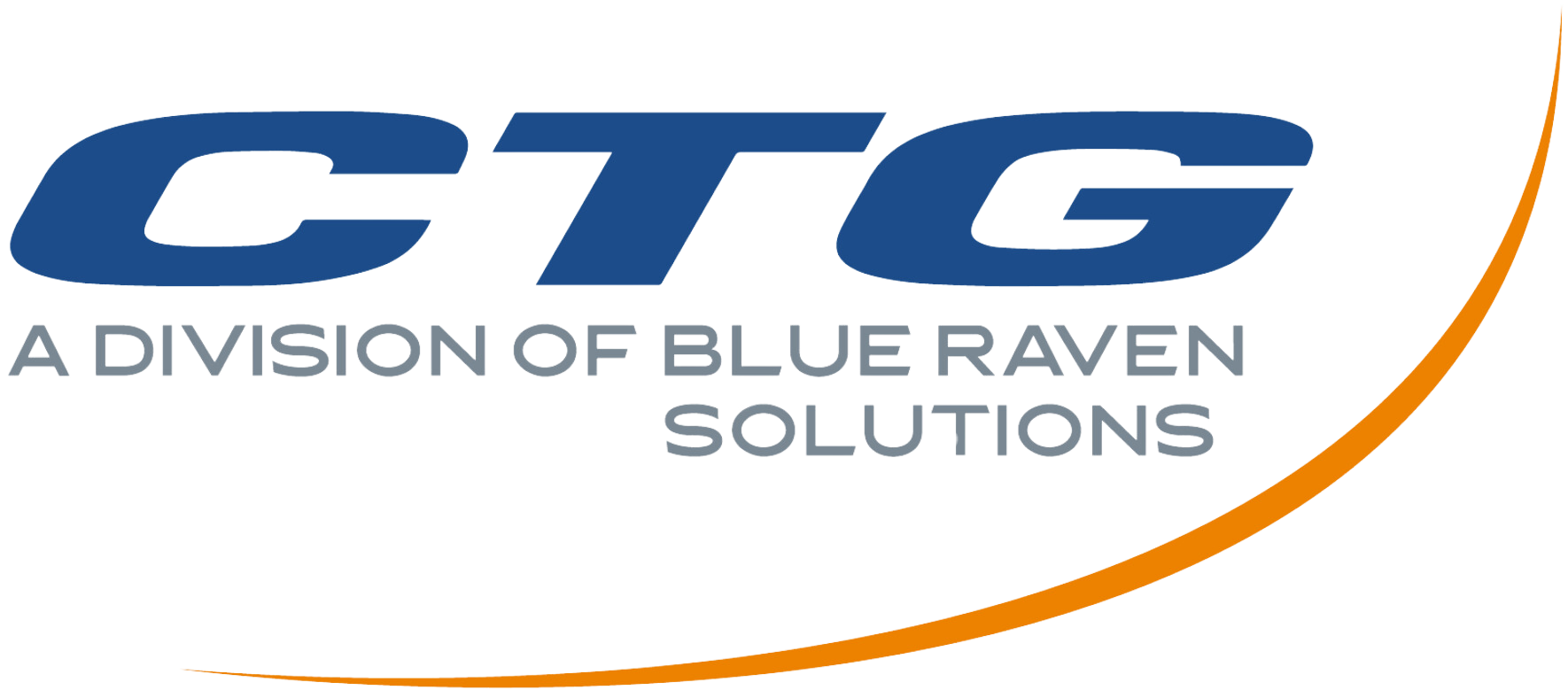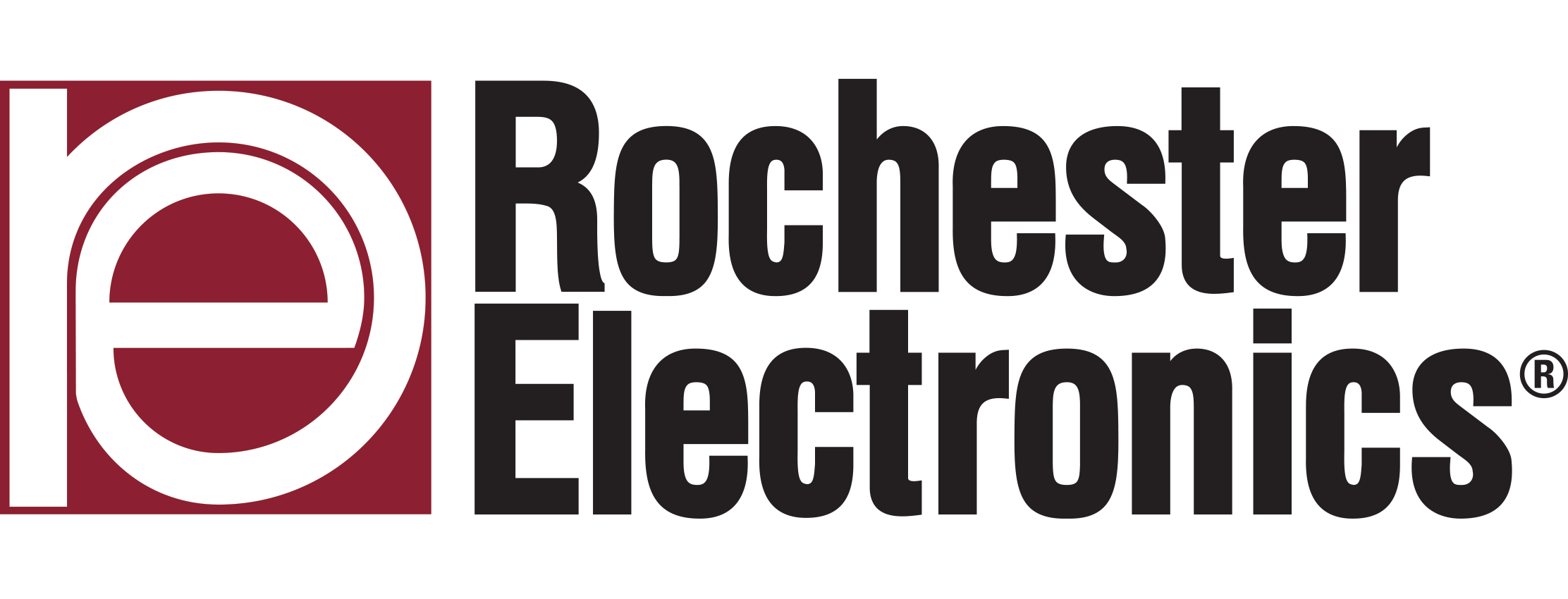Workshops
MONDAY WORKSHOPS
Workshop 1: Business Case, Cost Controls and Cost Estimating for Obsolescence Management
This workshop offers invaluable insights into creating an obsolescence management business case, cost controls, and future OM cost estimating. Through engaging presentations, interactive exercises, and real-world case studies, participants will gain practical tools and techniques to assess, budget for, and estimate the costs associated with obsolescence. Led by seasoned experts in obsolescence management and cost forecasting, including being involved with developing IEC 62402-2, a standard on Obsolescence Management costs. This workshop provides a collaborative platform for professionals to exchange insights and best practices. By the workshop's conclusion, attendees will emerge equipped with the knowledge and skills necessary to develop business cases, robust cost budgeting and accurate future cost estimates, enabling them to navigate the complexities of obsolescence management with confidence and foresight.
Workshop 2: Effective Communication and Professional Persuasion Workshop
This workshop focuses on the soft skills needed by obsolescence management and sustainment engineers. Symposium attendees return from events with critical knowledge to share yet often find it challenging to efficiently transfer that information to co-workers. The modern workplace is saturated with meetings, calls, proposals, presentations, reports, and requests. How can you be sure you’ll stand out from the crowd? Leveraging skills from a variety of disciplines such as psychology, copywriting, negotiation, and storytelling, this talk provides specific and actionable guidance that will improve emails, presentations, speaking for an audience, active listening, and addressing concerns. We’ll explore the complex issue of effective communication by examining topics such as the creative process for gathering and refining ideas, guidelines to enhance the punch and clarity of writing, the crucial elements of preparation and execution of meetings and presentations, as well as strategies to engage with opposing viewpoints and concerns in a productive manner. A robust and dynamic list of resources and references will be included, ranging from books, lectures, videos, academia, interviews, and entertainment. With an emphasis on clear and concise advice, these fundamentals of professional persuasion will aid attendees interested in enhancing collaboration, sharing information, gaining buy-in from coworkers and supervisors, and navigating high-level discussions.
Workshop 3: Supply Chain Risk Management and Obsolescence
This interactive workshop focuses on supply chain risk management (SCRM) and proper SCRM must consider obsolescence when identifying risks that may impact the supply chain. Participants get a deep dive into the intricate relationships between obsolescence and supply chain resilience. Through engaging presentations, interactive discussions, and real-world case studies, attendees will explore the multifaceted ways in which hardware and software obsolescence can disrupt supply chains, leading to increased risks and cyber vulnerabilities. Led by seasoned experts in supply chain management and obsolescence management, this workshop offers a collaborative platform for professionals to exchange insights and best practices. By the workshop's conclusion, participants will emerge equipped with practical strategies and actionable tools to integrate cost-effective implementation of supply chain risk management and obsolescence management.
Workshop 4: Supply Chain Management and Contracting for Obsolescence Management
Very rarely does an organization have a completely vertically integrated supply chain where everything is developed and produced in-house. Odds are that your program or organization will depend on others to develop and produce materials, products, software, and other systems that must then be integrated together. Without the right information and data from the supply chain, managing obsolescence issues will only increase over time. Throughout this workshop, participants will delve into essential aspects of contracting for obsolescence management, including defining clear requirements and objectives, and incorporating obsolescence management provisions into contractual agreements effectively. Attendees will gain valuable insights into working with your supply chain partners to promote proactive obsolescence management awareness and processes. Led by industry experts with experience in obsolescence management in the supply chain as a large integrator of products, this workshop provides a collaborative environment for professionals to exchange insights and best practices. By the workshop's conclusion, participants will emerge equipped with the knowledge and tools necessary to foster strong partnerships with suppliers and contractors to proactively deal with the risks posed by obsolescence.
Workshop 5: Turning an Obsolescence Assessment into a Tech Refresh Strategy
Join our interactive workshop on crafting a proactive Tech Refresh strategy based on the outcomes of an obsolescence assessment. In this workshop, participants will dive into the essential components of effective Tech Refresh planning, leveraging the findings from obsolescence assessments to anticipate and address future challenges proactively. Through interactive discussions, case studies, and hands-on exercises, attendees will gain practical expertise in developing tailored refresh strategies that aim to minimize life cycle costs, proactively treat obsolescence risks, and ensure long-term operational resilience for the system. Facilitated by industry experts well-versed in both obsolescence management and technology refresh planning, this workshop offers a collaborative environment for professionals to exchange insights and best practices. By the workshop's conclusion, participants will emerge equipped with the knowledge and strategies necessary to implement proactive Tech Refresh plans and position their programs for sustained success and obsolescence resiliency.
Workshop 6: IEC 62402 Obsolescence Management Standards Workshop
Our IEC62402 Obsolescence Management standard workshop offers a deep dive into strategies and methodologies needed to address the challenges posed by product obsolescence. Throughout the workshop, participants will gain a comprehensive understanding of the standard's framework, discuss the importance of having an obsolescence policy in place, draft an obsolescence management plan to meet the contract/product requirements, and conducting a risk assessment to determine items to be proactively tracked based on the obsolescence management plan. Through interactive discussions, case studies, and real-world examples, attendees will acquire practical tools and techniques to develop robust obsolescence management plans tailored to their specific organizational needs, ensuring long-term product sustainability and operational resilience. Facilitated by industry experts, this workshop provides a unique opportunity for professionals to exchange insights, best practices, and lessons learned in obsolescence management.



